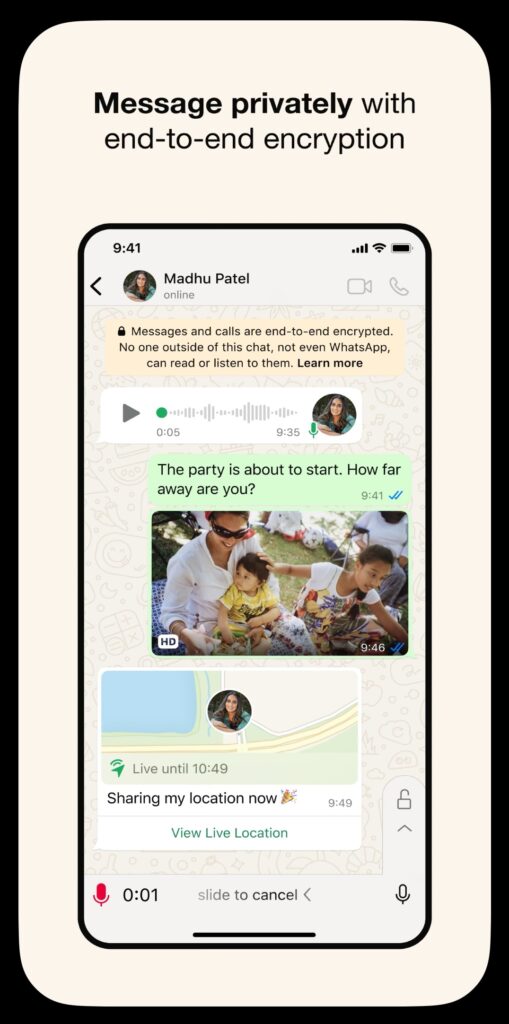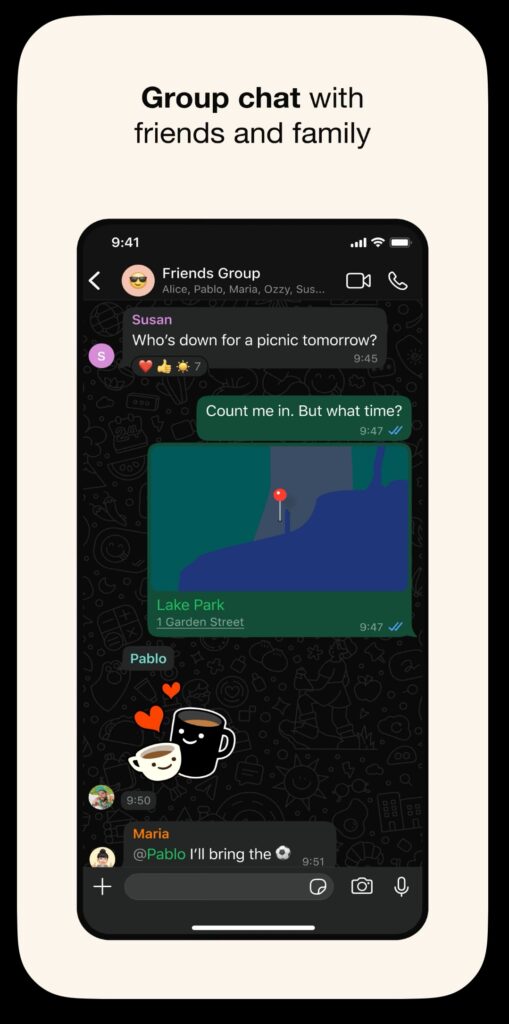WhatsApp has uncovered a coordinated spyware attack targeting journalists, civil society members, and activists across more than two dozen countries. The attack, linked to Israeli firm Paragon Solutions, exploited a zero-click vulnerability that allowed spyware to infect phones without user interaction.
The breach, detected in December, targeted 90 users through malicious PDF files sent via WhatsApp group chats. Meta-owned WhatsApp has since patched the vulnerability, but the incident raises serious concerns about commercial spyware and government surveillance.
What’s Happening & Why This Matters
How the Attack Worked
The spyware, known as Graphite, is designed to infiltrate encrypted messaging apps and harvest sensitive user data, including messages and cloud backups. Unlike traditional phishing scams, this zero-click exploit does not require users to click or download anything. Instead, it works by combining multiple stealth tactics:
- Automated Group Infiltration: Attackers first added targeted users to WhatsApp groups without their consent, making it easier to distribute spyware-laden files.
- Weaponized PDFs: These seemingly innocuous documents contained malicious code executed upon opening, instantly compromising the victim’s device.
- Full Device Access: Once inside, the spyware extracted data from encrypted apps like WhatsApp and Signal, potentially exposing private conversations and personal files.
Who Was Behind the Attack?
Paragon Solutions, an Israeli surveillance tech company, is behind the spyware operation. The company reportedly works with 35 government clients, all considered “democratic” according to insiders. However, WhatsApp’s investigation uncovered a broader set of alarming connections:
- Direct Link to Paragon: WhatsApp identified Paragon as the primary source and sent the company a cease-and-desist letter demanding an immediate halt to these activities.
- Government Contracts: Reports indicate Paragon previously received a $2 million contract from U.S. Immigration and Customs Enforcement (ICE), raising concerns over potential spyware usage within U.S. borders.
- Citizen Lab Findings: The cybersecurity research group Citizen Lab independently verified evidence linking Paragon to the exploit, further strengthening WhatsApp’s case against the company.





Governments & Security Concerns
The attack is another example of spyware firms targeting journalists and human rights defenders, prompting governments and regulatory bodies worldwide to reevaluate cybersecurity protections and enforce stricter surveillance laws. Countries and agencies have already started taking action:
- Italy and Belgium have launched official investigations into the growing use of surveillance spyware within their borders, with Italy’s government hinting at potential legal restrictions on spyware sales and distribution.
- The U.S. government is reviewing its current relationship with surveillance firms as concerns mount over whether American agencies are inadvertently funding cyber-espionage tools used against allies and citizens.
- The Biden administration has introduced a ban on federal agencies using spyware that threatens national security, signaling a move towards stronger legal accountability for spyware vendors.
TF Summary: What’s Next
WhatsApp has patched the security flaw, but the broader issue of commercial spyware remains unresolved. As governments and activists push for accountability, spyware firms like Paragon face growing legal scrutiny. Expect further crackdowns on government contracts with surveillance companies, increased international pressure on spyware regulation, and more safeguards against zero-click exploits in messaging platforms.
— Text-to-Speech (TTS) provided by gspeech


